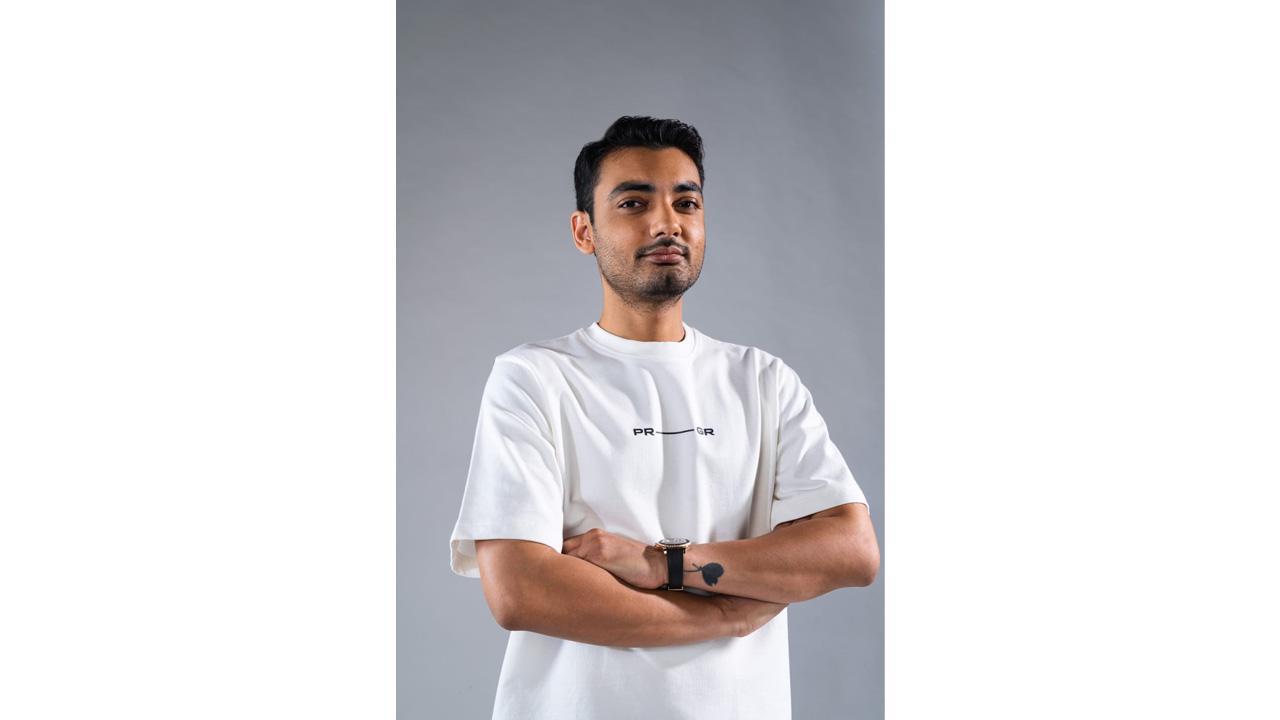The fashion industry in India is booming. Everyday new fashion brands are emerging in the Indian market space. It has become very important for a brand to maintain sustainability.

Consumers are becoming increasingly interested in knowing where their clothes come from and how they were made. Overall, sustainable fashion is not just a trend; it has become a crucial step in addressing the environmental and social impact of the fashion industry. To capture this recent trend, brands like Primal Gray are opting for a sustainable route. To shed some light on this, Primal Gray founder, Yuv Bharat Ram shares his thoughts:
ADVERTISEMENT
1. What inspired you to start Primal Gray?
Driven by a desire to create contemporary luxury garments for the conscious consumer, I created a brand that would appeal to people who are aware of the purchases they make. Primal Gray was built on the principle of not only being environmentally conscious but also paying close attention to clean and linear silhouettes that could be worn from 9AM - 9PM, from work to dinner. I tried to build a brand that would not only be comfortable and conscious but also focus in depth on detailing and quality to make for a seasonless wardrobe that would last our consumer. We carefully handpick each of our premium fabrics in order to minimize resource intensity and our carbon footprint. This concept was always one of the key pillars at the inception of the brand. At the same time I also wanted to practice high-quality tailoring and ethically responsible production, using certified sustainable textiles and harmful substance reduction standards wherever possible, promoting an idea of ethical transparency.
2. What are some of the challenges faced in running a fashion apparel brand?
There are many challenges that we face running an apparel brand as there are with any other industry. We’ve focused on working with collaborative partners to make it easier and more seamless. We've also had the privilege of working with vendors and partners who have proper systematic procedures and SOP’s which help ensure that we work in a systematic and timely fashion.
A big challenge is the price sensitivity of the Indian Market, something that we are navigating to ensure that we can cater to a diverse range of consumers. Dealing with fabric waste is always challenging, as a circular brand, we send back most of our cottons and polyesters to our vendors to be recycled back into fabrics that can be woven into usable and wearable textiles.
3. Why should one incorporate conscious fashion in their wardrobe?
There are several reasons one should incorporate conscious fashion into their wardrobe. Small small changes like this make a huge impact on the waste generated by the industry. Part of our philosophy is to provide casual and trendless clothes that can last you through every trend and season.
Before buying any garment, check its label which states the material. Other changes like switching to organic cotton reduces water consumption in production by 94%. Switching from synthetic polyesters and acrylics to certified recycled polyester fabrics can reduce plastic waste in landfills by 6-17 bottles per garment and reduce greenhouse gas emissions by 66% per ton of polyester recycled.
4. What's next for you and the brand? How do you aim to sustain and expand on Primal Gray’s ethical mission?
A huge part of our expansion strategy is to be able to educate a diverse group of consumers into the benefits of conscious fashion. We understand the hazardous effects of the Fashion industry on the environment and the burden it lays on employees, therefore are committed to an ethically transparent approach to its business model. We promote ethical transparency - honest, data-driven, inclusive solutions that prioritize people and planet, with absolutely no greenwashing.
We are exploring and researching new fabrics that are available in the market that are more conscious, sustainable than conventional fabrics. This helps us reduce our carbon footprint per garment. We also plan on tying up with partners pan India and internationally, who can help our consumers offset their minimal carbon footprints. This enables them to make better informed decisions at the time of purchase. As a brand we are keen to change their consumption habits, thus ensuring that they shop more consciously.
 Subscribe today by clicking the link and stay updated with the latest news!" Click here!
Subscribe today by clicking the link and stay updated with the latest news!" Click here!







